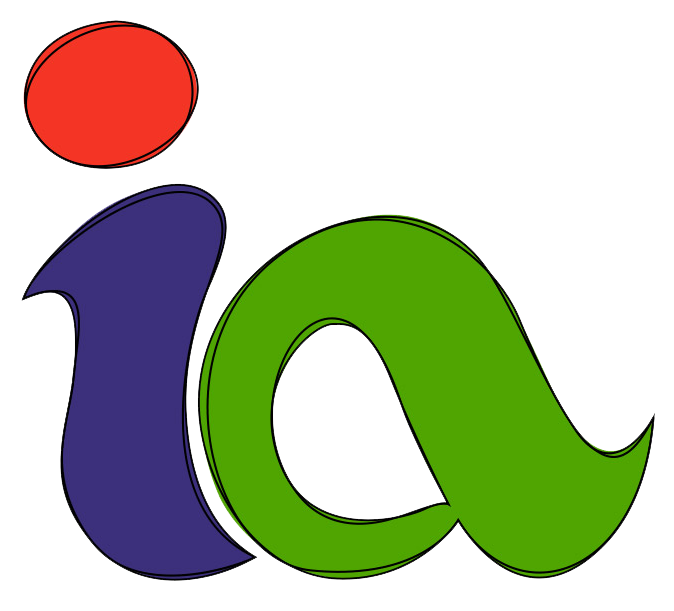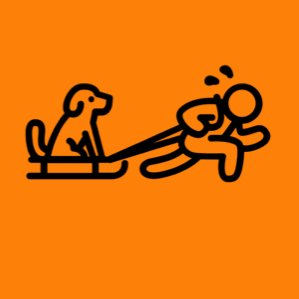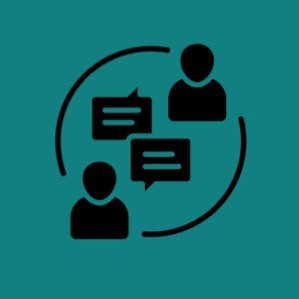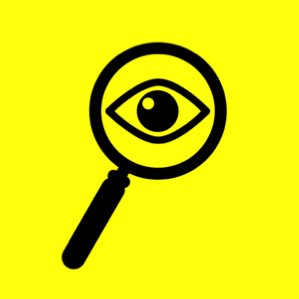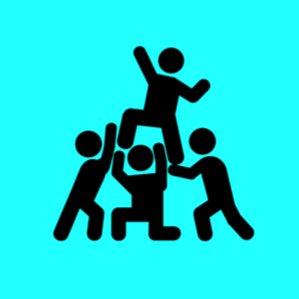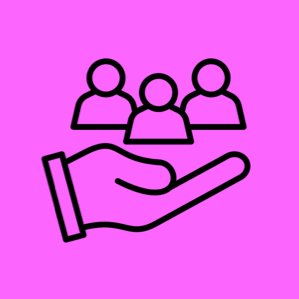Surviving & Thriving During
Your AmeriCorps Service Year
A Better You. A Greater Us.
Professional Norms
Professional norms are guidelines for how the team members will interact and communicate. Norms help to clarify the expected behavior of individuals on the team and prevent unnecessary conflict. Norms matter to a team because they lead to clear expectations for how the team interacts and performs.
Professional norms also matter because at Imagine Art, our AmeriCorps members are modeling these behavioral norms for the benefit of our artists every day in the studio.
The following professional norms are aligned with the Eight Employability Skills outlined in the Service Year Alliance’s resource, Employability Skills Inventory.
Members are encouraged to review the resource for a deeper understanding of how acquiring and maintaining these skills enable individuals to function successfully in a professional environment after leaving AmeriCorps.
1. Work Etiquette
Wear AmeriCorps branded shirt and/or lanyard during service hours
Letting supervisors and peers know when you will be late or absent
Respecting other’s personal and professional space
Responding in a timely fashion to phone calls and emails
2. Work Ethic
Maintaining positive relationships with peers, supervisors, clients
Attempting to resolve issues on one’s own first before involving others
Awareness of the importance of taking care of one’s own health
3. Communication
Completing time reports by the established deadlines
Completing required documentation by the established deadlines
Letting your supervisor know when you are struggling
4. Organization and Attention to Detail
Keeping your studio space clean and organized
Meeting agreed upon deadlines for assignments and tasks
Time Management: planning, setting goals, prioritizing, completing tasks on time and accurately, communicating when you or your projects will be late
5. Teamwork and Collaboration
Helping others clean and organize the work area
Sharing ideas and knowledge during group projects and team activities
Providing and receiving constructive feedback during and upon completion of a team project
6. Customer Service-Minded
Reviewing lessons learned after completing a task, project, or event
Working patiently with people from different cultures, communication styles, and abilities than one’s own
Resolving conflicts or issues with dissatisfied peers, supervisors, and clients
7. Information and Technology Literacy
Leveraging knowledge of specific tech skills associated with Microsoft Office, Google Suite, Zoom to complete tasks
Using proper Zoom software platform etiquette involving muting, camera on/off, etc.
Following the established procedures related to the organization’s social media accounts
8. Innovative Thinking and Problem Solving
Thinking creatively to develop ideas and approaches to address work challenges
Researching, analyzing, and determining causes of issues and deciding the best way to solve them
Generating questions, making connections, identifying patterns, and evaluating information to aid problem solving and solution finding
Credit: icons courtesy of The Noun Project
